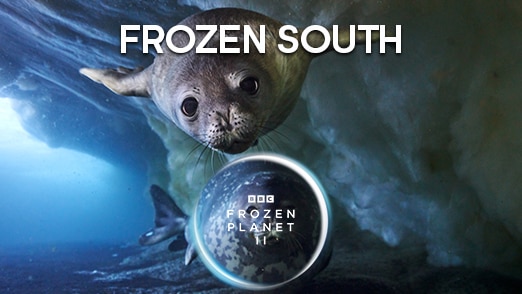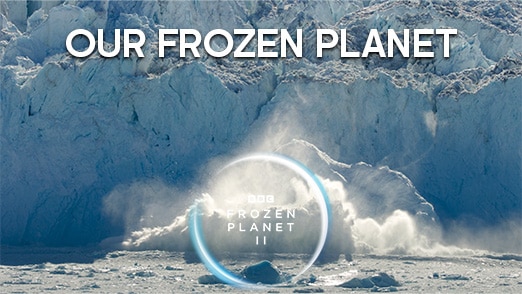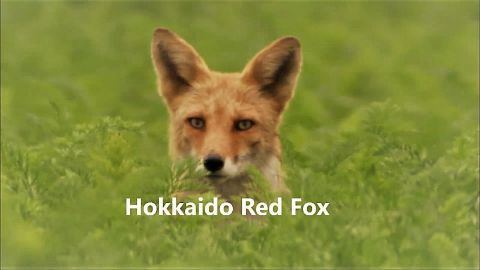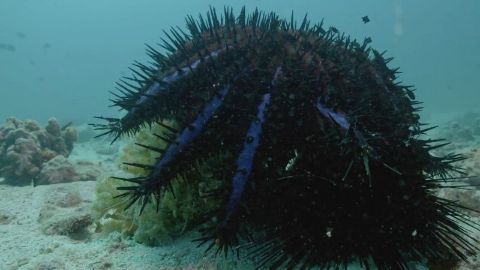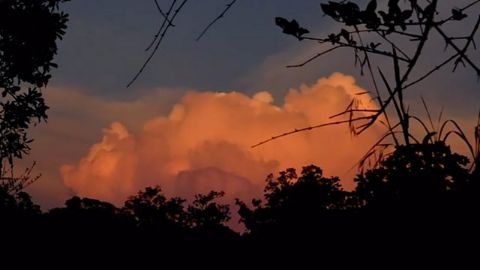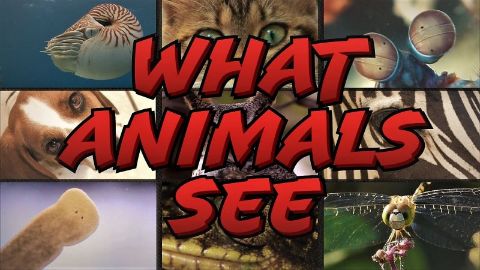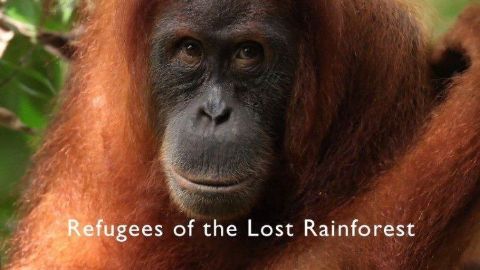Frozen South • 2022 • episode "S1E4" • Frozen Planet II narrated by Sir David Attenborough
The wildlife of Antarctica, from king penguins that must evade leopard seals to feed at sea to albatrosses responding to diminishing number of females in their population, as well as rare footage of the Antarctic blue whale, the largest animal to have ever lived. As the programme ventures into the heart of the continent, surprising footage reveals one of the most volcanic regions on Earth, with unexpected sand dunes hidden in a rare ice-free valley.
Make a donation
Buy a brother a hot coffee? Or a cold beer?
Hope you're finding these documentaries fascinating and eye-opening. It's just me, working hard behind the scenes to bring you this enriching content.
Running and maintaining a website like this takes time and resources. That's why I'm reaching out to you. If you appreciate what I do and would like to support my efforts, would you consider "buying me a coffee"?
Donation addresses
BTC: bc1q8ldskxh4x9qnddhcrgcun8rtvddeldm2a07r2v
ETH: 0x5CCAAA1afc5c5D814129d99277dDb5A979672116
With your donation through , you can show your appreciation and help me keep this project going. Every contribution, no matter how small, makes a significant impact. It goes directly towards covering server costs.



